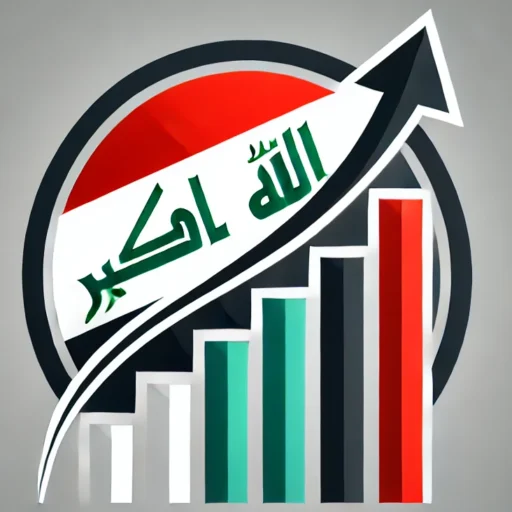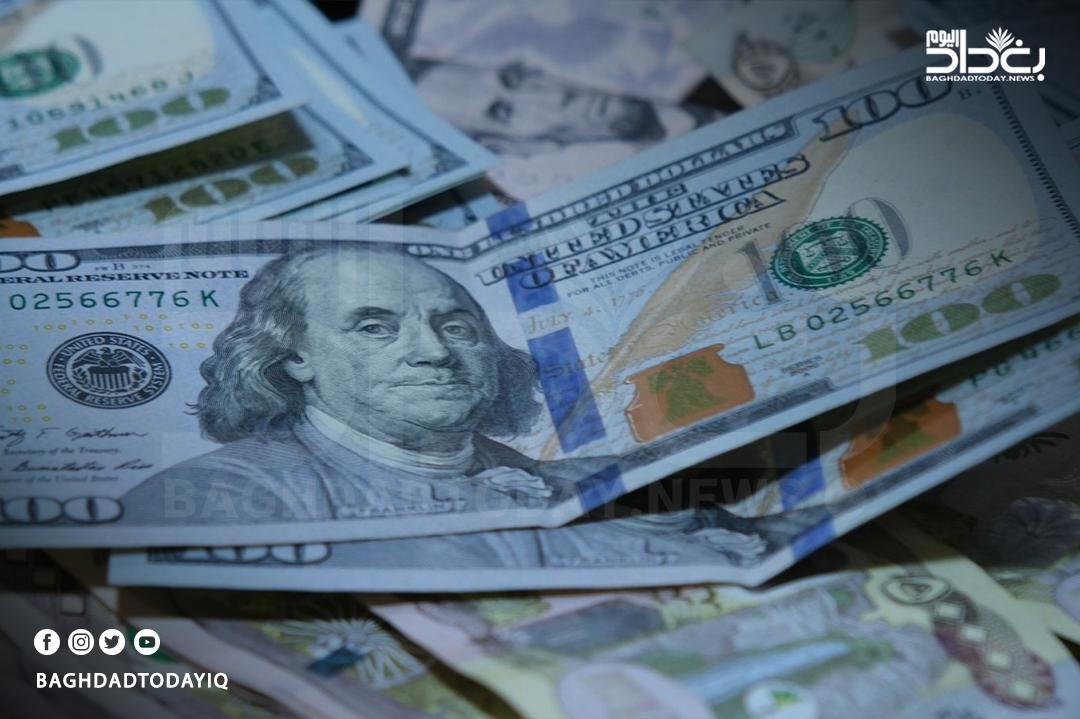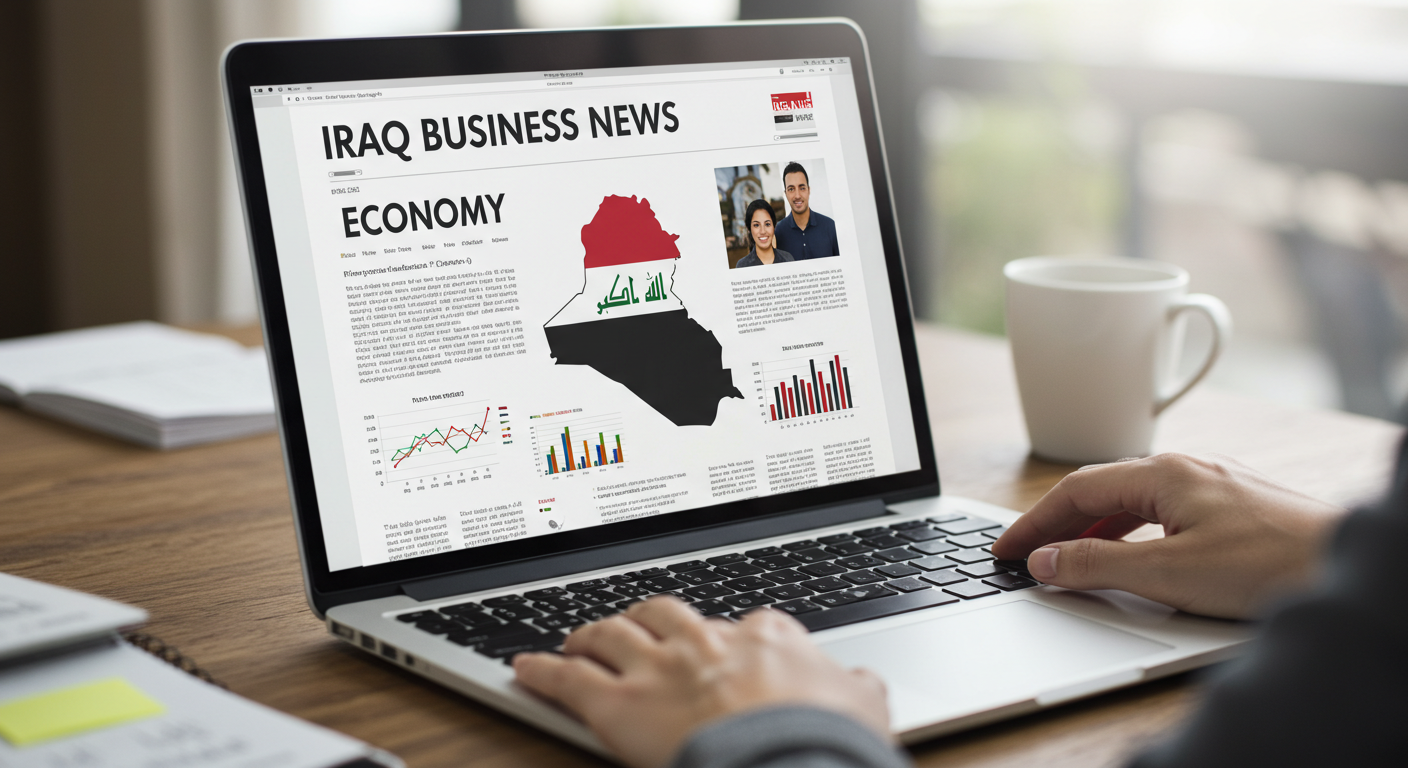Economic Imbalances in Iraq’s Financial Transfer System
Date: February 27, 2025
Haider Al-Sheikh, an expert in financial and economic affairs, has raised concerns regarding the growing imbalance in external financial transfers impacting Iraqi citizens. In his analysis, Al-Sheikh noted that both the Central Bank and relevant governmental entities have failed to adequately address the challenges surrounding these transfers.
Al-Sheikh highlighted that Western Union, a key player in financial services, has suspended its operations in Iraq for several months, effectively barring Iraqi citizens from utilizing its services for sending and receiving money internationally. This disruption has affected many citizens, particularly those with professional ties to foreign companies and organizations who can no longer access their funds due to the halted service.
He emphasized that when the transfer service was operational, the exchange rate for receiving $100 was an exorbitant 117,000 Iraqi dinars, a situation exacerbated by a lack of oversight from the Central Bank.
Economic performance evaluations by Abdul Rahman Al-Mashhadani, a renowned academic and economist, echo these concerns. He critiqued the Central Bank’s effectiveness, expressing disappointment over its handling of a new electronic platform and the resultant confusion, which has contributed to significant fluctuations in exchange rates.
In a related context, Raed Al-Maliki, a member of the Legal Committee, announced a commitment to hold accountable those in charge, especially Central Bank officials, for their ineffective measures in tackling the depreciation of the Iraqi currency. Al-Maliki noted that current circumstances have led to losses of trillions of dinars for the state and have facilitated corruption at the cost of ordinary citizens.
He elaborated that the majority of commodity prices are increasingly pegged to parallel market rates rather than the official exchange rate. Additionally, he pointed out the government’s inability to regulate informal trade and unify customs policies, particularly in the Kurdistan region, where over 32 illegal trade outlets currently operate. The plight of over 400,000 small merchants, who rely on the parallel dollar to circumvent official procedures and taxes, further complicates the situation.
Moreover, Al-Maliki indicated that the government, along with the Central Bank, has not effectively addressed market speculation and the issue of excessive bank commissions. He revealed that banks buy dollars at official rates but then resell them at inflated prices without facing any legal repercussions.
He also raised alarms about the misuse of funds allocated for travel expenses, suggesting that the issue has evolved into a corruption scandal amounting to 600 billion dinars. This underscores a broader systemic failure to verify the legitimacy of travel needs versus the funds disbursed.
In summary, the challenges surrounding external financial transfers in Iraq highlight significant structural issues within the economic framework. The current situation necessitates immediate intervention by regulatory bodies to restore trust and stability in the financial system.
Summary of Financial Challenges
| Issue | Details |
|---|---|
| Service Suspension | Western Union operations halted, limiting citizens’ access. |
| Exchange Rate Issues | $100 results in 117,000 IQD without Central Bank oversight. |
| Market Confusion | Central Bank’s management of new platforms ineffective. |
| Corruption Concerns | Trillions lost to corrupt practices and inflated commodity prices. |
| Informal Trade | Over 32 illegal outlets operate in Kurdistan region. |
| Small Merchants’ Struggles | 400,000 merchants relying on parallel dollar rates. |
| Speculation and Commissions | Banks selling dollars at higher-than-official rates. |
| Corruption in Travel Funds | 600 billion dinars unaccounted for in travel-related disbursements. |
These findings underscore the need for a comprehensive approach addressing both policy implementation and regulatory oversight to restore balance to Iraq’s financial framework.







